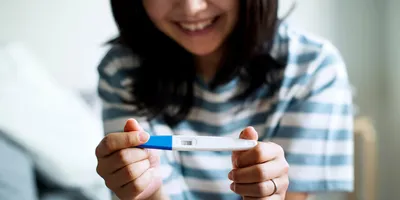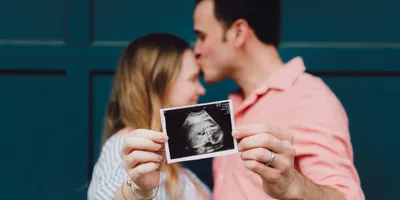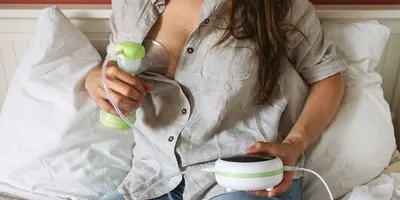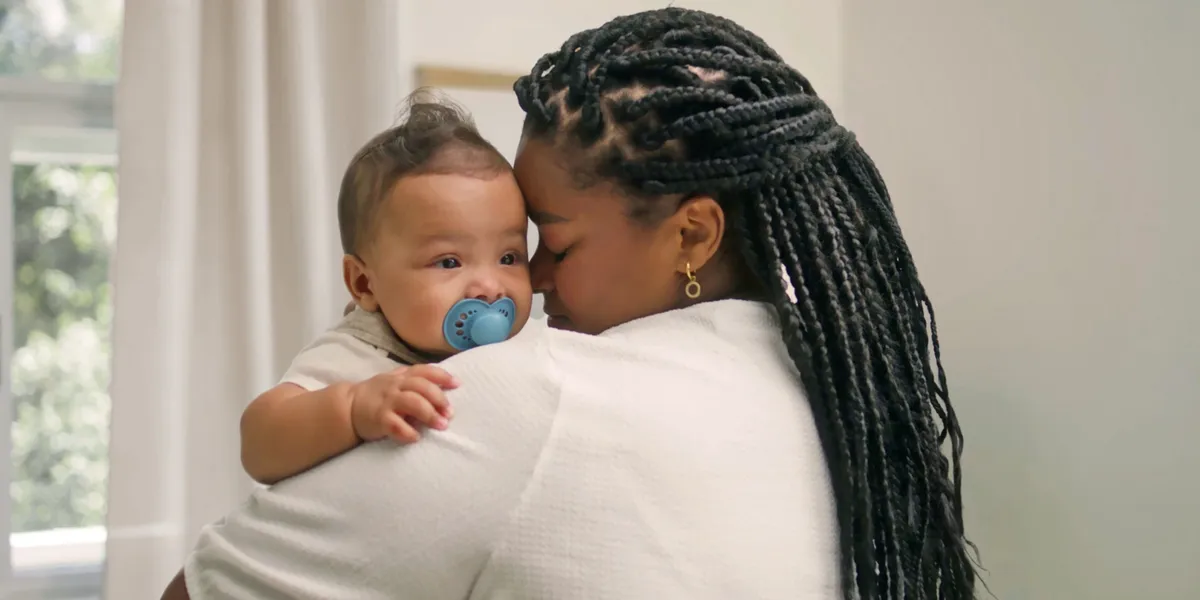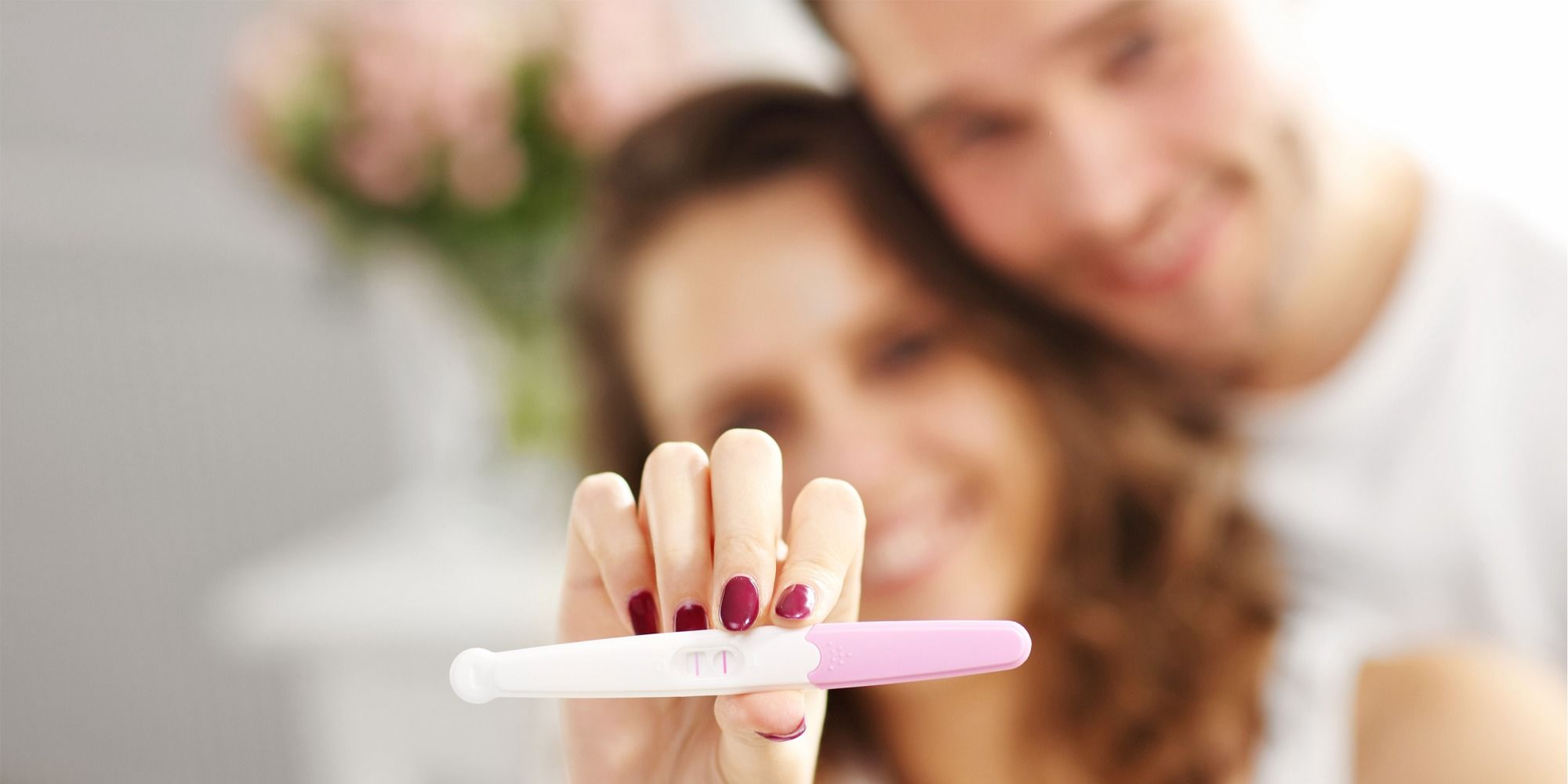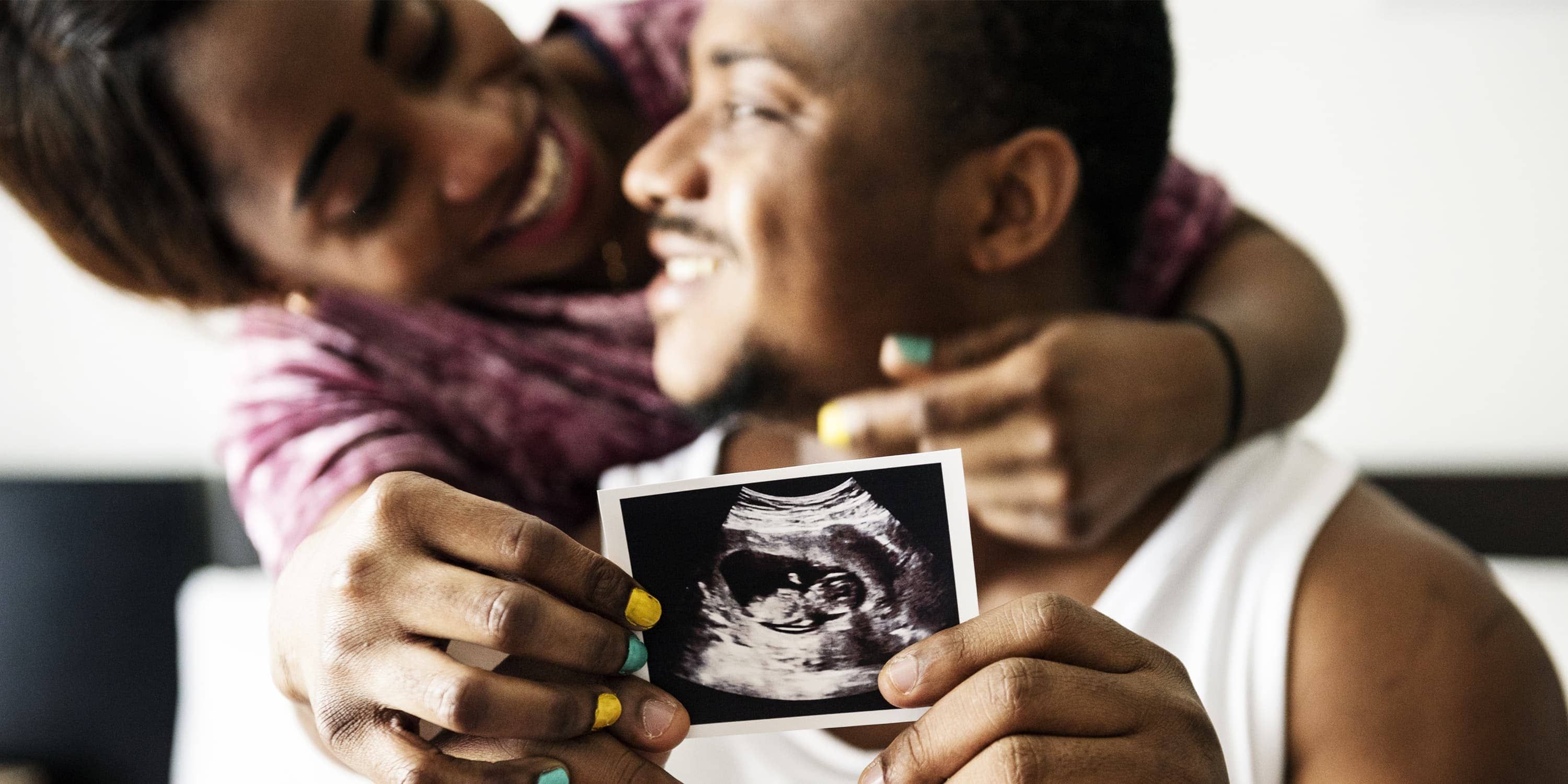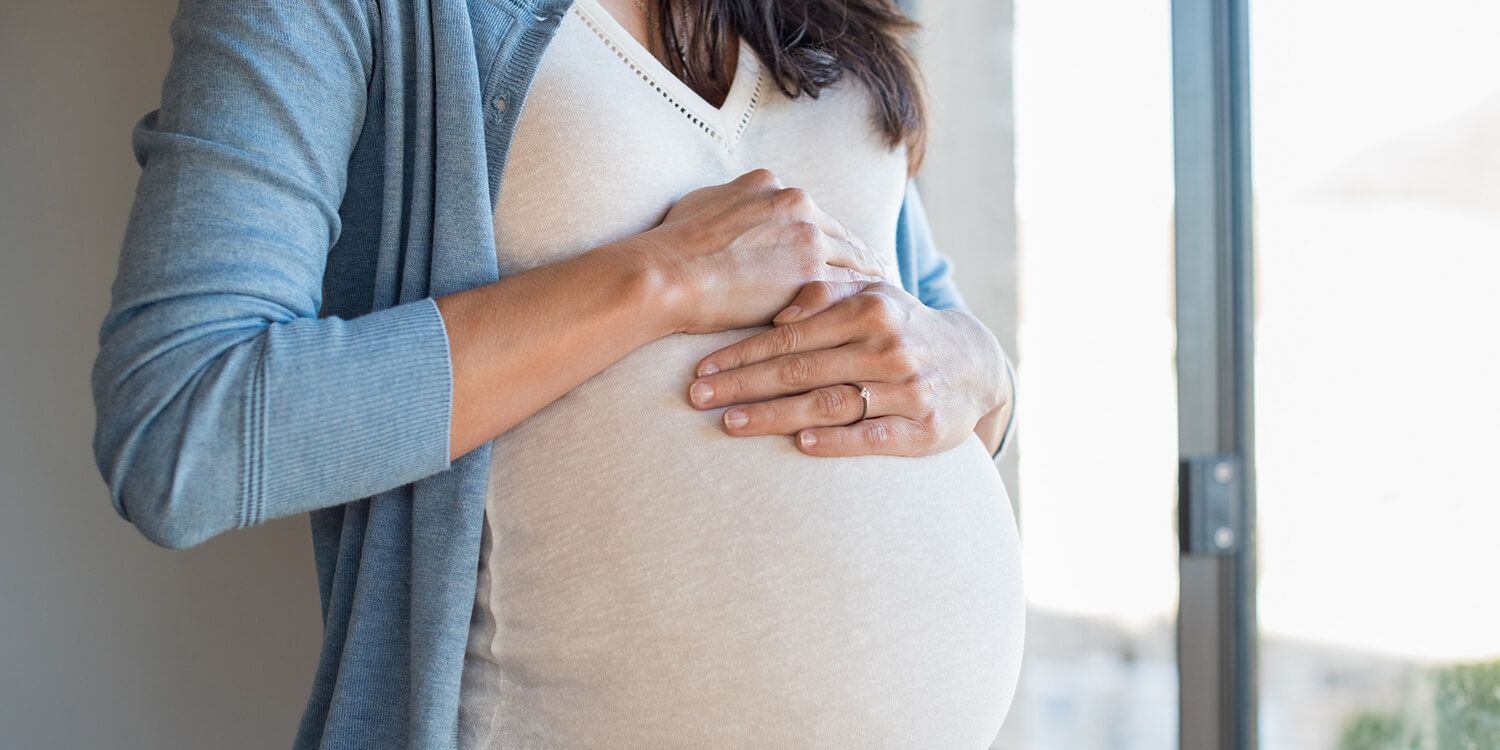From the absence of menstruation and a positive pregnancy test to telling your family and friends – the first three months of pregnancy are extremely exciting and exhausting. The hormonal changes not only make you tired but can play havoc with your emotions. MAM-expert Dr. Tony (Tao) Duan, Founder and CEO of Shanghai Spring Field Hospital Management Group (China), explains what happens to your body during the first three months of pregnancy.
MAM: Dr. Duan, how long is the first trimester and when does it start? When should a woman take a pregnancy test or see a doctor?
Dr. Duan: The first trimester runs from the first day of the last menstrual period to 13+6* weeks (or 12+6 weeks depending on method of calculation ). If a woman in her childbearing years misses her period, she can reasonably suspect that she is pregnant. For example, she may notice that she is a week or more late with her expected period. If this happens, she should consult a doctor and arrange a pregnancy test. The woman can of course do a pregnancy test at home but if she thinks she may be pregnant, she should make an appointment with her doctor to be certain.
MAM: When do women start to feel the first symptoms in their bodies? What are the typical symptoms of early pregnancy?
Dr. Duan: The most common signs and symptoms of early pregnancy are a missed period, feelings of nausea, with or without actually vomiting, breast enlargement and tenderness or increased frequency of urination without any obvious discomfort or infection. Women usually experience increased fatigue as well. Most women experience signs or symptoms of pregnancy as early as five to six days after fertilisation.
MAM: What happens to the woman’s hormones during the first trimester?
Dr. Duan: Hormonal change is the key indicator of pregnancy. In fact, pregnancy tests are a measure of the chorionic gonadotrophin levels in blood or urine. The concentration doubles every 29 to 53 hours after implantation of a viable, intrauterine pregnancy and peaks at 8-10 weeks of gestation. This might result in light bleeding or abdominal pain. However, many pregnant women do not notice anything at all.
MAM: What healthy eating and lifestyle habits do you recommend during this time?
As far as a diet is concerned, eat what you feel like but avoid deep sea fish and raw or undercooked meat. Moreover, the woman should also definitely stop smoking, drinking alcohol or taking other recreational drugs. It is further a good idea to keep an eye on your weight. Women who are significantly over- or underweight can experience problems during pregnancy.
MAM: How quickly does the foetus develop in this early stage of pregnancy?
Dr. Duan: Immediately after fertilisation and implantation, the foetus is initially just an embryo: two layers of cells from which all the organs and body parts will develop. However, the baby begins to grow very rapidly and is soon roughly the size of a kidney bean and constantly moving. The heart is beating quickly and the intestines are forming. At the same time, baby’s earlobes, eyelids, mouth and nose are also beginning to take shape.
MAM: What can cause a miscarriage and is there anything you can do to avoid it?
Dr. Duan: Miscarriages are not uncommon, especially in first pregnancies. Overall, between 50 and 60 percent of first-trimester miscarriages are due to random events caused by chromosomal abnormalities in the fertilised egg. Although any woman can miscarry, some are more susceptible than others. Causes may include a history of miscarriages, chronic disease or other disorders, a urine or cervical problem, and more. Fortunately, successful pregnancies are far more common!
MAM: Dr. Duan, how long is the first trimester and when does it start? When should a woman take a pregnancy test or see a Midwife or doctor?
Dr. Duan: The first trimester runs from the first day of the last menstrual period to 13+6 weeks (13 weeks and 6 days being pregnant). If a woman in her childbearing years misses her period, she can reasonably suspect that she is pregnant. For example, she may notice that she is a week or more late with her expected period. If this happens, she should consult a Midwife or Doctor and arrange a pregnancy test. The woman can of course do a pregnancy test at home but if she thinks she may be pregnant, she should make an appointment with her Midwife or Doctor to be certain.
MAM: When do women start to feel the first symptoms in their bodies? What are the typical symptoms of early pregnancy?
Dr. Duan: The most common signs and symptoms of early pregnancy are a missed period, feelings of nausea, with or without actually vomiting, breast enlargement and tenderness or increased frequency of urination without any obvious discomfort or infection. Women usually experience increased fatigue as well. Most women experience signs or symptoms of pregnancy as early as five to six days after fertilisation.
MAM: What happens to the woman’s hormones during the first trimester?
Dr. Duan: Hormonal change is the key indicator of pregnancy. In fact, pregnancy tests are a measure of the chorionic gonadotrophin levels in blood or urine. The concentration doubles every 29 to 53 hours after implantation of a viable, intrauterine pregnancy and peaks at 8-10 weeks of gestation. This might result in light bleeding or abdominal pain. However, many pregnant women do not notice anything at all.
MAM: What healthy eating and lifestyle habits do you recommend during this time?
Dr. Duan: As far as a diet is concerned, eat what you feel like but avoid deep sea fish and raw or undercooked meat. You should also definitely stop smoking, drinking alcohol or taking other recreational drugs. It is a good idea to keep an eye on your weight. Women who are significantly over- or underweight can experience problems during pregnancy.
MAM: How quickly does the foetus develop in this early stage of pregnancy?
Dr. Duan: Immediately after fertilisation and implantation, the foetus is initially just an embryo: two layers of cells from which all the organs and body parts will develop. However, the baby begins to grow very rapidly and is soon roughly the size of a kidney bean and constantly moving. The heart is beating quickly and the intestines are forming. At the same time, baby’s earlobes, eyelids, mouth and nose are also beginning to take shape.
MAM: What can cause a miscarriage and is there anything you can do to avoid it?
Dr. Duan: Miscarriages are not uncommon, especially in first pregnancies. Overall, between 50 and 60 percent of first-trimester miscarriages are due to random events caused by chromosomal abnormalities in the fertilised egg. Although any woman can miscarry, some are more susceptible than others. Causes may include a history of miscarriages, chronic disease or other disorders, a urine or cervical problem, and more. Fortunately, successful pregnancies are far more common!

